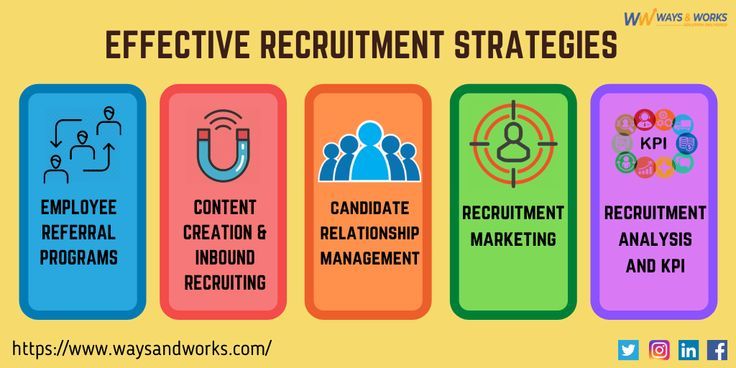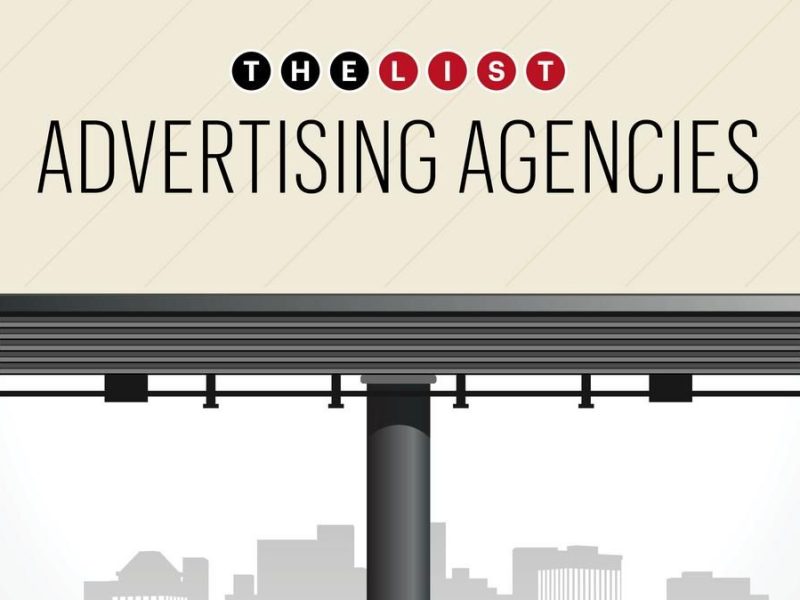Small businesses often have limited budgets and resources when it comes to marketing. However, with the right strategies in place, they can effectively reach their target audience and grow their brand. In this article, we will discuss some effective marketing strategies that small businesses can implement to achieve success.
1. Utilize Social Media Marketing
Social media has become a powerful tool for businesses of all sizes to connect with their audience. Small businesses should take advantage of platforms like Facebook, Instagram, Twitter, and LinkedIn to engage with their customers, promote their products or services, and drive traffic to their website. By creating engaging content and interacting with followers, small businesses can build a loyal following and increase brand awareness.
2. Invest in Search Engine Optimization (SEO)
SEO plays a crucial role in ensuring that your website ranks well on search engine results pages. By optimizing your website with relevant keywords, creating quality content, and building backlinks, you can improve your website’s visibility and attract more organic traffic. Small businesses can also benefit from local SEO to target customers in their area and drive foot traffic to their physical store.
3. Email Marketing Campaigns
Email marketing is a cost-effective way for small businesses to reach out to their customers and promote their products or services. By building an email list of subscribers and sending targeted campaigns, businesses can nurture leads, drive sales, and build customer loyalty. Personalized emails, exclusive offers, and promotional discounts can all help to increase engagement and conversions.
4. Collaborate with Influencers
Influencer marketing has become a popular strategy for businesses to promote their products or services to a wider audience. Small businesses can partner with influencers in their niche to reach a larger and more targeted audience. Influencers can create sponsored content, showcase products in their posts, and help generate buzz around your brand. This strategy can be particularly effective for businesses looking to increase brand awareness and reach new customers.
5. Host Webinars and Workshops
Hosting webinars and workshops is a great way for small businesses to showcase their expertise and connect with their target audience. By providing valuable information, tips, and insights, businesses can position themselves as industry leaders and engage with potential customers. Webinars and workshops also provide an opportunity to interact with attendees, answer questions, and build relationships that can lead to future sales.
6. Leverage Paid Advertising
While organic marketing strategies are important, small businesses can also benefit from investing in paid advertising. Platforms like Google Ads, Facebook Ads, and Instagram Ads allow businesses to target specific audiences, set their budget, and track the performance of their campaigns. By creating compelling ad copy, using eye-catching visuals, and targeting the right audience, businesses can increase brand visibility and drive traffic to their website.
Conclusion
Marketing is essential for small businesses to grow and succeed in today’s competitive landscape. By implementing the right strategies, small businesses can effectively reach their target audience, drive sales, and build brand awareness. Whether it’s through social media marketing, SEO, email campaigns, influencer partnerships, webinars, or paid advertising, there are plenty of ways for small businesses to market themselves and achieve their goals. By staying up-to-date with the latest trends and experimenting with different strategies, small businesses can find the right mix of marketing tactics that work best for their unique needs.


